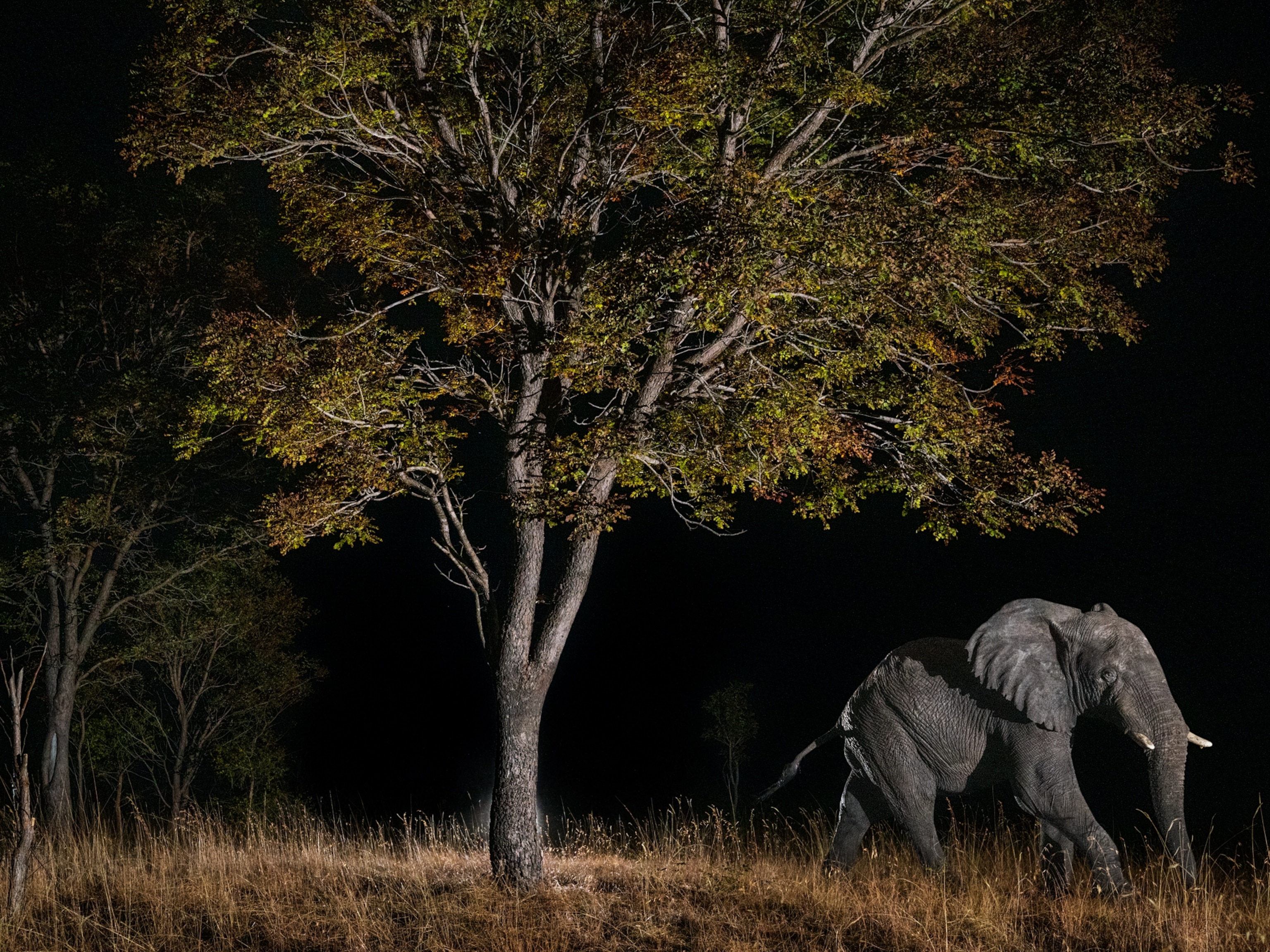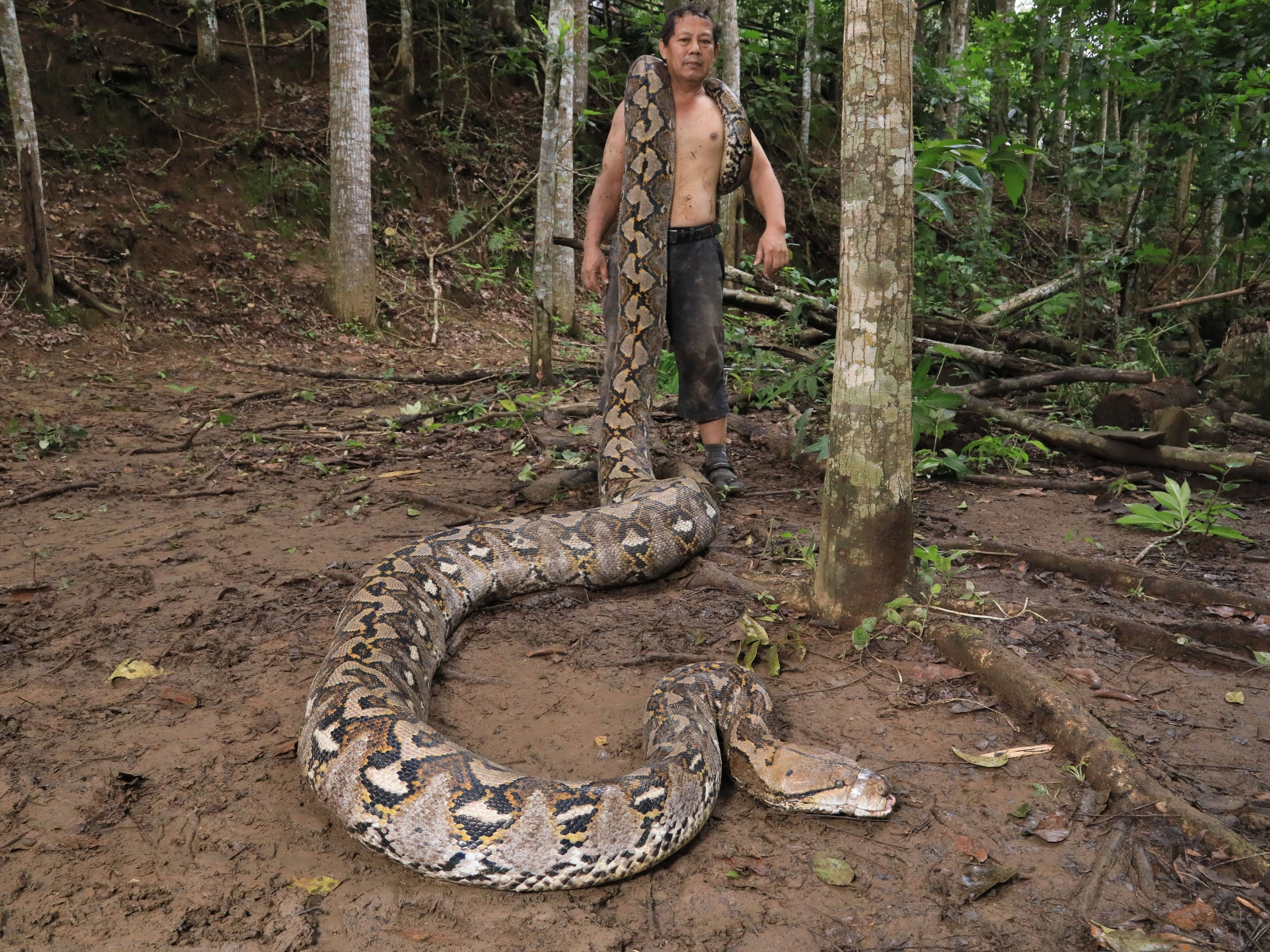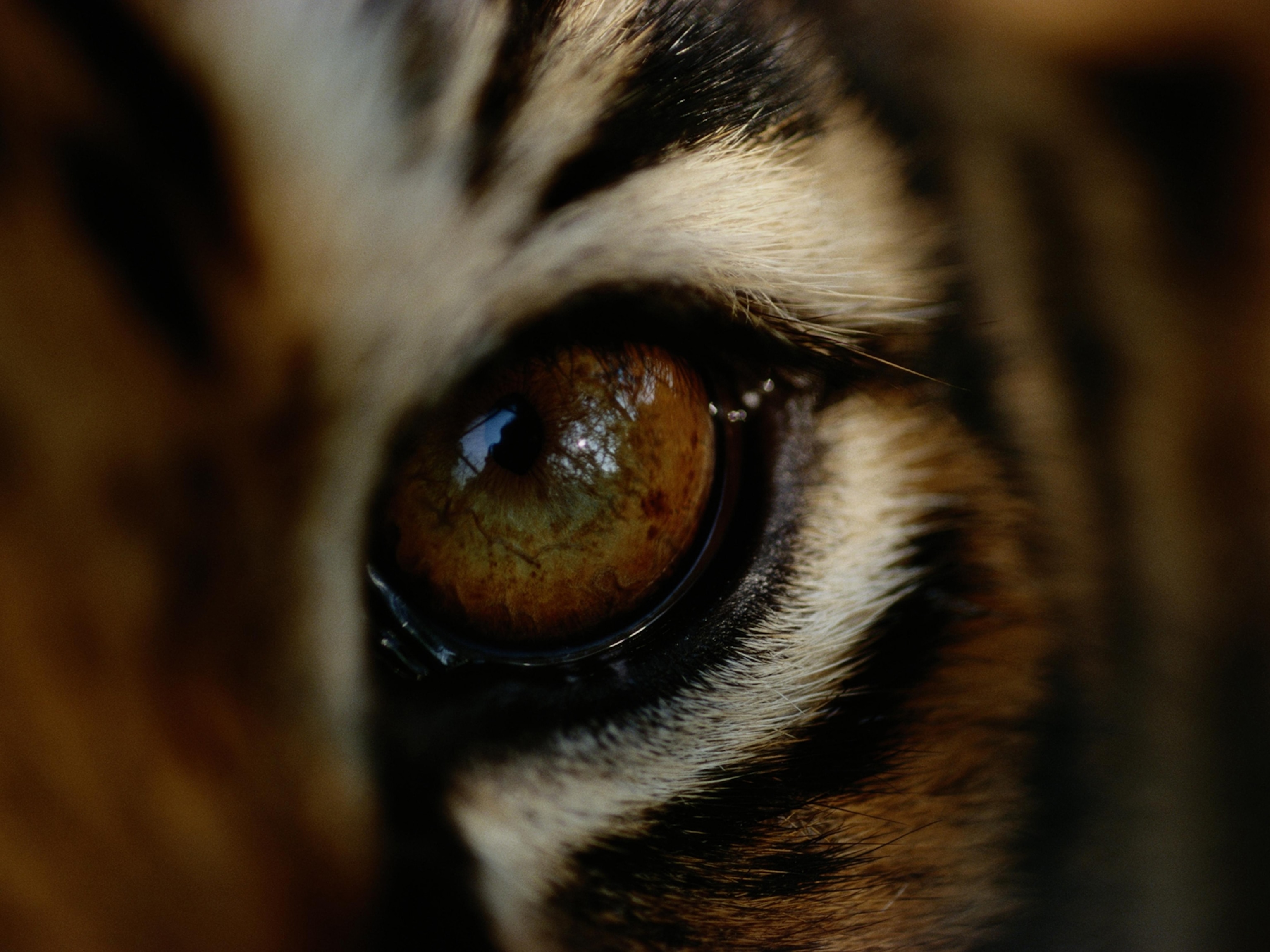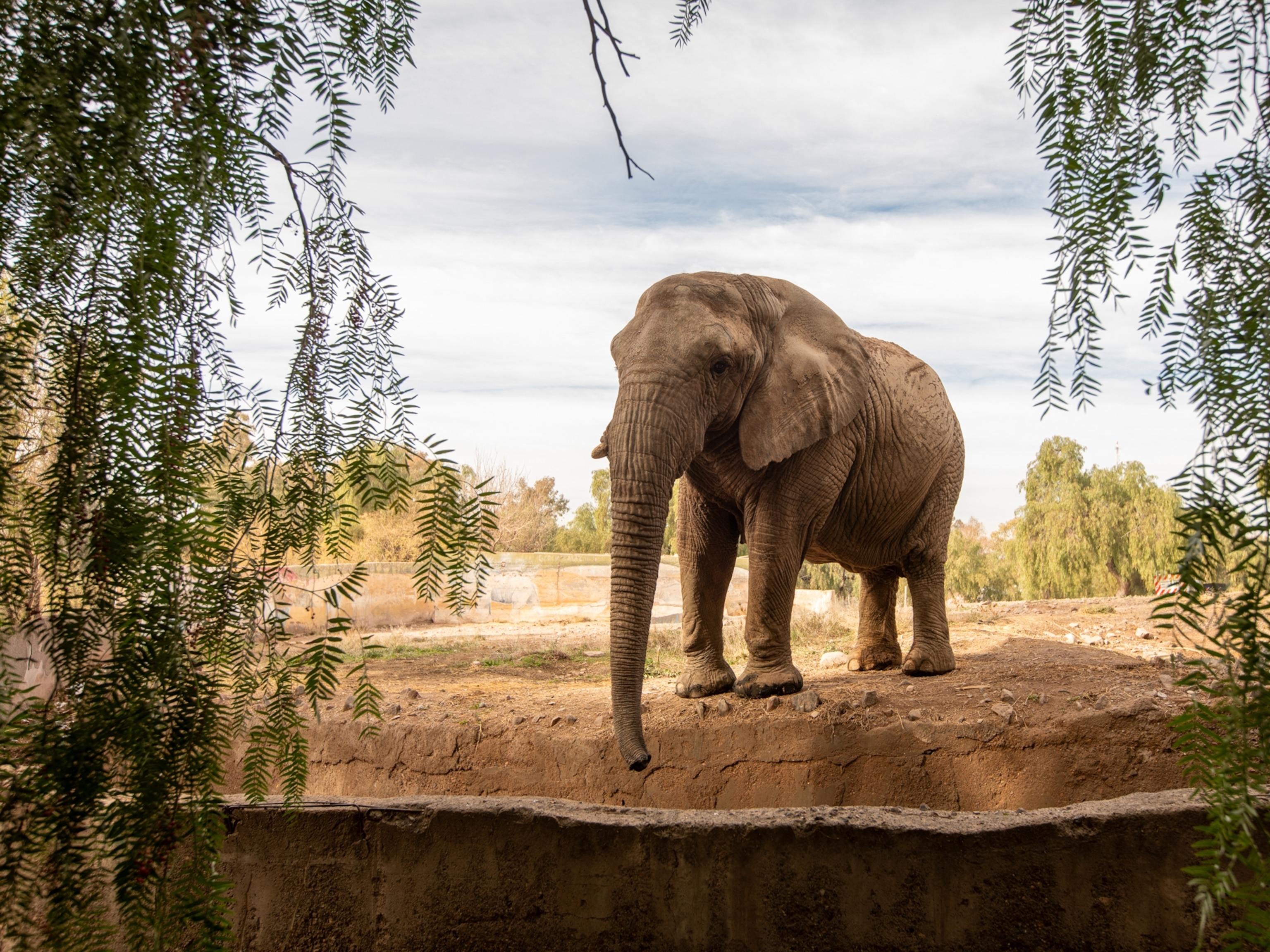
Japan's new rules for curbing ivory trade won't work, many experts say
Starting this summer, Japan will require whole elephant tusks to be carbon dated.
Starting July 1, anyone in Japan who wishes to register and sell a whole elephant tusk must first prove its age through carbon dating. According to Ministry of the Environment officials, the new measure is meant to ensure that illegal tusks acquired after 1990, when international trade in ivory was banned, don’t find their way into Japan’s domestic ivory market—now the largest in the world.
More than that, officials believe that carbon dating will prove to be so burdensome as to dissuade private citizens—who hold untold numbers of tusks—from selling their ivory to dealers. As dealers exhaust their remaining stockpiles, this will cause Japan’s market to slowly peter out, they say.
“We expect that the number of newly registered whole ivory tusks that enter into the domestic market will be extremely limited after this,” says Toshio Torii, deputy director-general of the Ministry of the Environment’s Nature Conservation Bureau. With the new requirement in place, “the trade in Japan will never contribute to poaching or to illegal trade of any kind,” he says.
The carbon dating requirement will apply only to whole tusks registered after July 1, not to the 170 tons of tusks already stockpiled. Nor does it apply to cut tusks or carved ivory. For these reasons, a number of conservationists predict that carbon dating will have little, if any, impact on curtailing illegal ivory trade in Japan.
“I’m totally opposed to any praise for this new measure,” says Masayuki Sakamoto, executive director of the Japan Tiger and Elephant Fund, a nonprofit organization advocating for an ivory ban. “I’m afraid some journalists and the general public may misunderstand and think that Japan seems to be stepping toward the closure of its domestic ivory market, but that’s not correct.”
Japan’s system for ensuring the legality of its ivory trade has long been criticized by Sakamoto and others. Evidence indicates that traders readily abuse loopholes in domestic laws to launder ivory of unknown origins into legality.
The carbon dating regulation, first proposed in 2017, is meant to close some of those loopholes. But ivory dealers already seem to be anticipating the change, Sakamoto says. According to data he acquired from Japan’s Ministry of Economy, Trade and Industry, dealers reported just 13.6 tons of newly cut pieces in 2017, but in 2018 the figure jumped to 24.8 tons. “Ivory dealers are very clever, and they’ve already changed their strategy,” Sakamoto says. “Now the stockpile of cut pieces is soaring.”
The government has yet to release logistical details of how the new regulation will work. Ivory owners will be responsible for arranging the tests and covering the costs, which could run up to $800 (according to the nonprofit group Traffic, which monitors wildlife trade, whole tusks in Japan sell for an average of $2,000 each). The tests themselves are straightforward, according to Thure Cerling, a distinguished professor of geology, geophysics, and biology at the University of Utah, who first developed carbon dating methods for ivory.
“My personal feeling, though, is that they should just not have ivory sales at all—that they should just get the stuff out of the marketplace,” Cerling says.
Japan faces increasing pressure from governments and conservation groups to join China, the U.S. and many other nations in banning domestic ivory trade. The government has so far resisted, citing a lack of evidence connecting its ivory market to recently killed elephants in Africa.
“Japan’s regulations are legitimate,” says Hiroki Sato, a deputy director at the Ministry of the Environment. “If ivory derived from poaching is smuggled into Japan, it will be shut out of the domestic legal market.”




